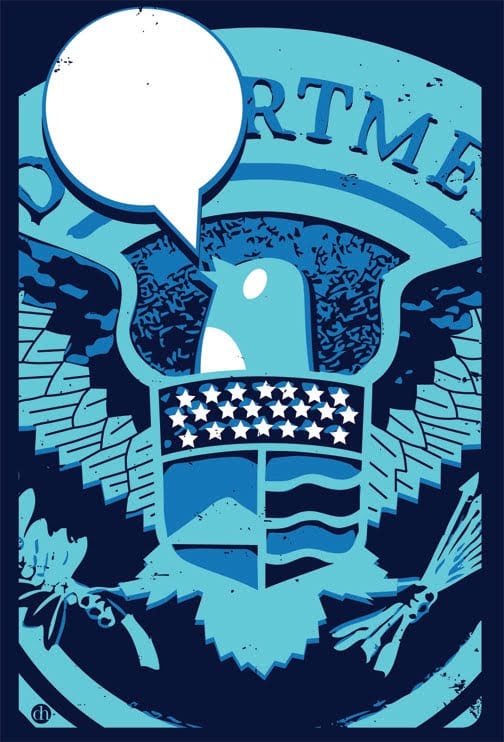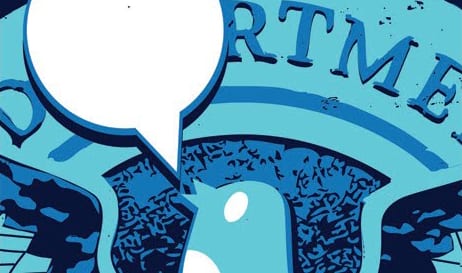
When the recent Diplopundit post and related news items came out about State Department revising its external communication clearance rules, a lot of people reacted with concern that State was either deliberately or merely blind-bureaucratically limiting its ability to communicate by imposing a new delay on digital communication, even on tweets. Colleagues here at GWU quizzed me with “State Department rules might impose a 48-hour review period on employees tweets. Because that’s the best way to communicate in the era of instant communication?”
But my experience with the State Department tells me this is not what the new draft clearance rules are about — and here is why:
Right now, if you are an Ambassador or PAO (public affairs officer) overseas you are cleared to tweet or post to social media (as well as talk to local journalists, do interviews with local media, etc.) as you see fit — and it doesn’t look like these new rules would change that. And if you are in Washington in an office that needs to communicate publicly about something, you can work with the PA staff in your own bureau to get near-instant clearance.
(Plus, employees can always use language that’s already been cleared, e.g. text from previous official speeches and statements — and frankly, a lot of language gets recycled this way because it’s efficient and ensures consistency, which is necessarily valued in this business).
So I don’t see the new rules having any restrictive effect on on-the-job communication via digital media, either overseas or at reasonably senior levels in Washington.
To me (and again, this is just from looking at Diplopundit and the spinoff media articles from it), the new draft rules appear to do two things:
- Actually shorten the maximum time State PA is allowed to take to clear independent thoughts on foreign affairs which State employees might want to express in a non-official or quasi-official role. In other words, in situations where the reason people might read your blog article or listen to your speech is that you work for State, but you want to use your own words and speak your own thoughts. And of course there’s a broad spectrum of such situations, ranging from invitational speaking that all State officers ought to do as part of their work (on one end) to whistle-blowing (at the other); and,
- Close a loophole that indicated if State PA doesn’t respond to a request for clearance within a certain deadline, one is free to publish.
Up until now, there’s been a blanket maximum time of 30 days for clearance of such quasi-official communication, via any media. But according to the new draft rules, the very small subset of employees’ social media content that might be subject to review through this formal Department process would be guaranteed a much shorter maximum (not target) deadline for clearance.
But it’s good that journalists and the general public are interested in this. (Government always works better when the citizens are paying attention and can give sensible advice if insider-thinking shows signs of going off the rails!)


1 thought on “Tweeting in State”